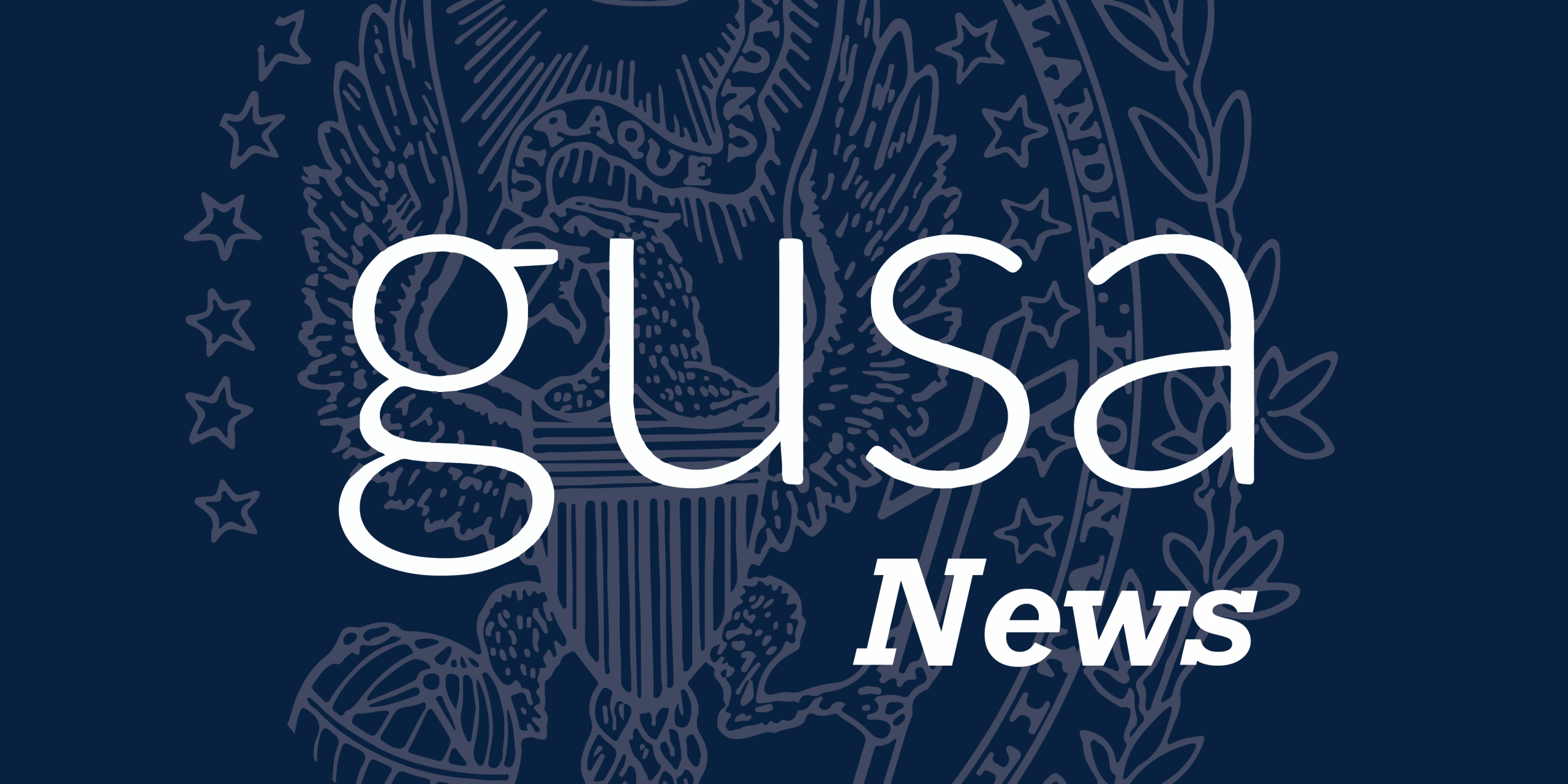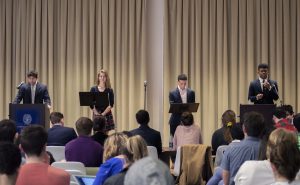The Student Activities Commission (SAC) received an additional $43,500 in funding from the GUSA Financial Appropriations Committee (FinApp). This increase came after displeasure with the original funding allocation was voiced on March 1. Media Board, the GUSA Executive, Performing Arts Advisory Council (PAAC), and Georgetown Opportunities for Leadership and Development also saw increases.
This increase was possible due to a 9-2 vote redistributing the money slated for the 2020-2021 Student Empowerment Fund (SEF) to go to the advisory boards. Additionally, Georgetown Program Board and the Center for Social Justice Advisory Board for Student Organizations both lost funds as part of the allocation process.
The GUSA club funding process, through which the student activities fee is allocated, ended on March 22 with the close of the appeals process. All advisory boards, which handle funding for a certain set of clubs, were allowed to request an increase from their initial allocations, which were determined by FinApp at their budget summit on Feb. 29. This year, FinApp had $1,072,000.00 to allocate. Appeals requests totaled $1,236, 650.99.
SAC, which oversees cultural, political, and miscellaneous clubs, saw the largest increase in funding, bringing their total to nearly $300,000. Initially funded $60,000 below their FY20 funding, members of 17 clubs wrote a letter to GUSA asking for an increase, and 25 students showed up at the March 1 GUSA meeting to share stories of what clubs funded by SAC had done for their experience at Georgetown.
The initial decrease in funding for SAC was mainly due to the committee’s budget trouble this year, which culminated in an email sent to the leaders of SAC clubs on Feb. 20 announcing the group had spent $100,000 over its budget and would not be able to accomodate any new funding requests.
In the appeals process, SAC representatives promised to reform its internal allocation processing, including implementing caps on the funding a single club could receive and requiring clubs to show proof of student attendance at their events.
Funding changes were possible with the change in SEF policy. The SEF annually allocates $50,000 of the student activities fee to be set aside to fund projects which “have defined, reasonable, and achievable goals and which invest in the future of the student body.” Following SAC’s presentation, Sen. Sam Dubke (SFS ’21) proposed liquidating the SEF, as it would be difficult to administer with no students on campus, and using the money to fund SAC clubs.
Media Board and PAAC both received an additional $5,000 during the appeals process, bringing their totals to $80,000 and $55,000, respectively.
Media Board’s budget, which was originally cut to incentivize a switch from print publications to online, was increased to protect smaller clubs from printing costs. Senators asserted the board did not need any more money to operate, though the current allocation will not cover the board’s total printing cost, which is over $100,000.
Senators expressed an appreciation for the work of PAAC, and a desire to supplement what they saw as low university funding for the arts.
Advisory boards will distribute the allocated funds between their clubs in the following weeks.





